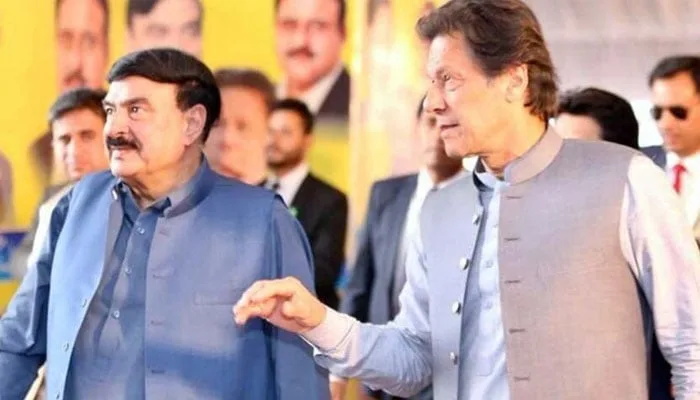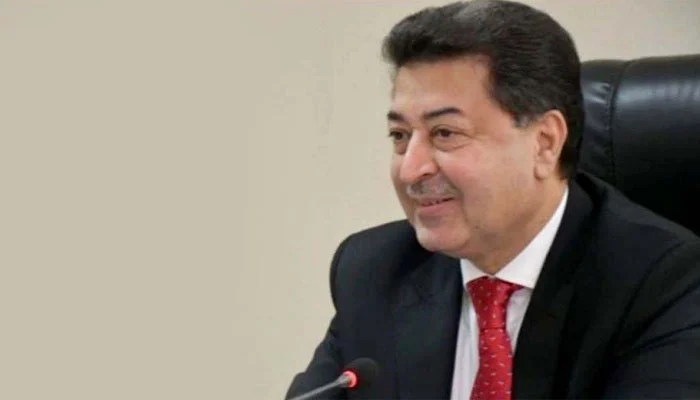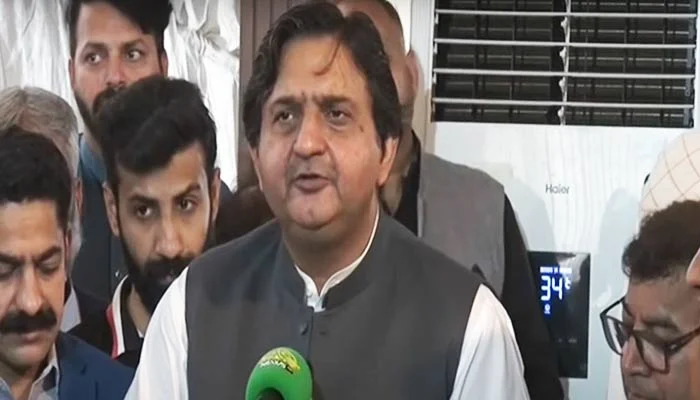The District and Sessions Court of Islamabad has acquitted prominent Pakistan Tehreek-e-Insaf (PTI) leaders, including the party’s founder Imran Khan, former Foreign Minister Shah Mahmood Qureshi, and former Interior Minister Sheikh Rasheed, in the high-profile Long March vandalism case. The decision, handed down by Judicial Magistrate Shehzad Khan, also acquitted several other PTI members: Ali Nawaz Awan, Faisal Javed, Qasim Suri, and Raja Khurram Nawaz.
The Long March Vandalism Case
The case stemmed from allegations of vandalism during PTI’s Long March, a major political demonstration organized to protest government policies and call for early elections. The prosecution had charged several PTI leaders with inciting violence and causing property damage during the march. The case has been a focal point of political contention, with PTI leaders consistently denying any wrongdoing and framing the charges as politically motivated.
Court’s Verdict
In his ruling, Judicial Magistrate Shehzad Khan found insufficient evidence to convict the accused. The court’s decision to acquit was based on a thorough examination of the evidence presented, which failed to establish the direct involvement of Imran Khan, Shah Mahmood Qureshi, Sheikh Rasheed, and other PTI leaders in the alleged acts of vandalism.
Reaction from PTI Leaders
Speaking to the media after the court appearance, Sheikh Rasheed expressed his views on the current state of democracy in Pakistan. He stated, “Democracy is suffering from serious problems and the government is unpopular.” Rasheed emphasized the growing anxiety among the public, which he believes could exacerbate the challenges facing democracy in the country.
Rasheed, who also heads the Awami Muslim League, urged the government to address the economic concerns of the people. He highlighted the impending budget being influenced by the International Monetary Fund (IMF) and called for substantial salary increases for lower-grade government employees. “My request is to double the salaries of up to grade 17 officials in the budget, or the lava will explode,” he warned, indicating potential social unrest if economic conditions do not improve.
Broader Political Context
The acquittal of these PTI leaders occurs against a backdrop of heightened political tensions in Pakistan. The Long March and the subsequent legal actions were part of a broader struggle between PTI and the ruling coalition. PTI has repeatedly accused the government of using state institutions to suppress opposition and stifle democratic dissent.
This legal victory for PTI is likely to bolster the party’s stance and narrative that the charges were politically motivated. It could also reinvigorate their political momentum as they continue to push for early elections and challenge the current administration’s legitimacy.
Sheikh Rasheed’s Concerns
Sheikh Rasheed’s remarks reflect deep-seated concerns about the country’s economic and political stability. His comments about the IMF’s involvement in the budget process highlight the ongoing negotiations between Pakistan and international financial institutions. Pakistan’s economy has been under severe strain, with high inflation, a depreciating currency, and significant debt levels.
Rasheed’s call for salary increases underscores the pressures facing the lower and middle-income segments of society, who are bearing the brunt of economic hardships. His warning about potential unrest if these issues are not addressed suggests a looming crisis that could have significant implications for the country’s social and political fabric.
The Islamabad court’s acquittal of Imran Khan, Shah Mahmood Qureshi, Sheikh Rasheed, and other PTI leaders marks a significant development in Pakistan’s political landscape. It not only clears the accused of legal charges but also has broader implications for the ongoing power struggle between PTI and the ruling coalition. As PTI leaders celebrate this legal victory, the focus now shifts to how this will influence their political strategy and the government’s response to growing economic and social pressures. Sheikh Rasheed’s stark warnings about the potential for unrest highlight the urgent need for effective governance and economic relief measures to stabilize the country and address the needs of its citizens.



